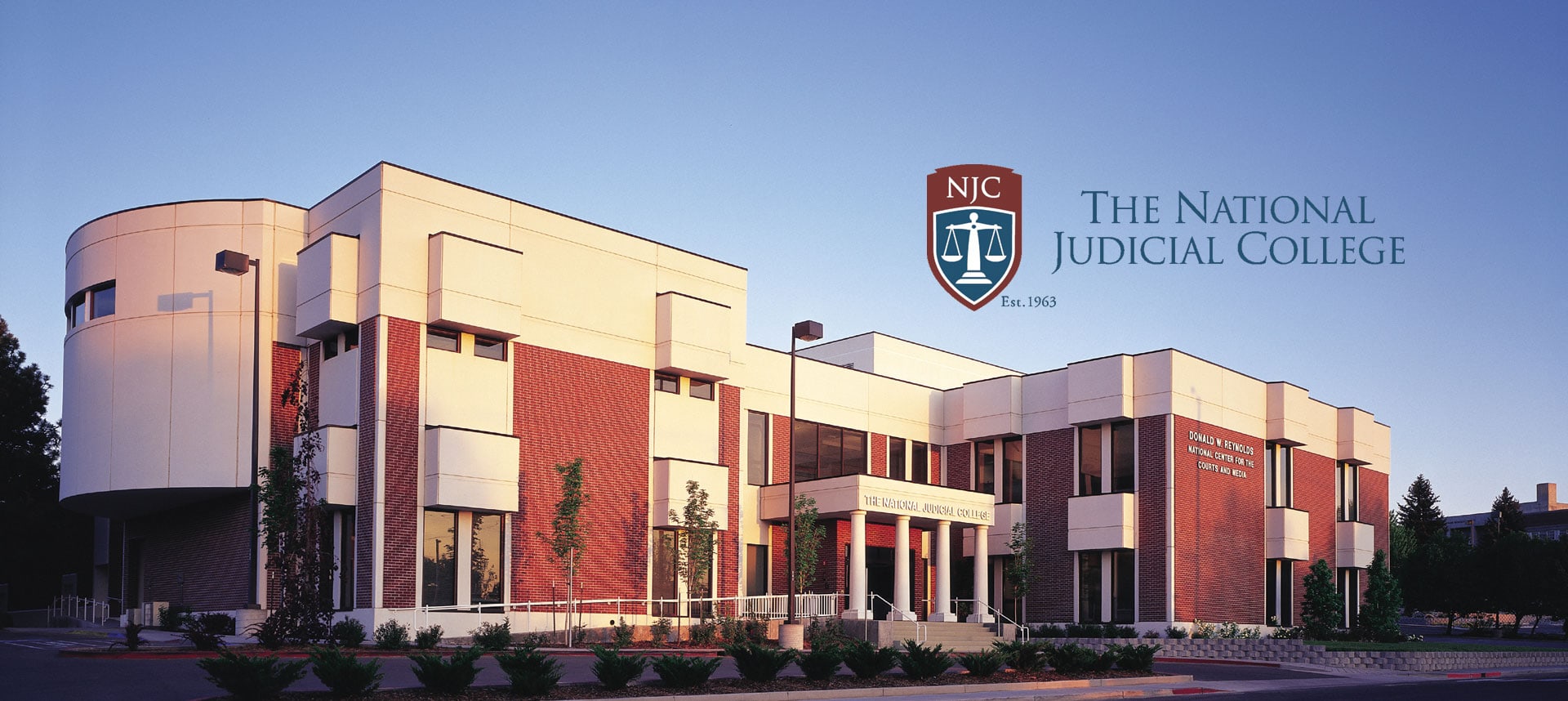
By Anna-Leigh Firth
Our November Question of the Month asked NJC alumni if they have ever regretted one of their rulings. Nearly 80 percent of the 464 judges who responded said yes.
“Anyone who says he/she hasn’t is not being completely honest with themselves,” commented one judge anonymously, as was most often the case.
Judges bear the burden of trying to balance the rights of the accused against the responsibility to protect the general public and potential victims. Some shared haunting outcomes.
“I sentenced a young man to rehab and released him from jail,” recalled another judge. “He was to report the next morning to the rehab center. He murdered another young man that evening. While I recognize that the murder was no fault of mine, I do regret releasing the young man.”
Another judge, who revealed a residence of Indiana but not a name, also grimly recalled, “In the last year, I have released three criminal defendants from jail on their own recognizance. All three overdosed and died within three days.”
Some judges tied regrets to emotions.
“I sentenced a defendant to five years in prison, and if I had to do it over again, I would have sentenced him to three. I was influenced a bit too much by an emotional argument.”
Wrote another: “I’ve regretted many rulings I’ve had to make – not because they were wrong but because I knew the penalty, which was required by law, would cause hardship for a family.”
Several judges said they regretted rulings that they knew were correct according to the law but left them feeling dissatisfied with the result.
“I feel that I’ve always taken the time and care necessary to rule in the way I think is correct at the time. So I don’t regret any rulings in that sense,” wrote one judge. “But I have regretted having to write many orders denying people needed benefits because they couldn’t present their cases properly or because they lacked the wherewithal to gather the needed evidence. Or dismissing cases on ‘technicalities.’ Or, in one case, giving a large financial award to someone who, in my heart of hearts, I wish wouldn’t have gotten that award.
“Sometimes, despite my best efforts to give everyone a fair opportunity to present his or her case, the law makes me rule in ways I wish I didn’t have to.”
Another judge, however, emphasized the importance of separating one’s personal feelings from a decision. The judge cited President John Adams’ famous declaration, “We are a nation of laws, not of men.”
“Without the Rule of Law, decisions become arbitrary,” the judge wrote. “It concerns me when trial judges simply stop enforcing a law or, worse yet, rule in a way that is contrary to a law because they disagree with it. If we are truly a ‘nation of laws, not of men,’ we do not have the discretion to do this. Yes, there are bad laws. But the way to get a bad law changed is to enforce it until society and legislative bodies recognize it is bad and change it.”
Several judges simply said that regret is counterproductive for a judge.
“Never look back,” stated one.
“Make the decision and put the file away,” said an anonymous state trial judge, adding ruefully, “There are three people (or more) at the statehouse who are more than willing to review your work.”
* Each month the College emails an informal, non-scientific one-question survey to its more than 12,000 judicial alumni in the United States and abroad. The results, summarized in the NJC’s Judicial Edge Today, are not intended to be characterized as conclusive research findings.

The Hon. Mary-Margaret Anderson (Ret.), a retired administrative law judge with the California Office of Ad...

Happy October, Gaveliers faithful. Are you loving this or what? No one believed a team made up of judges...


Hon. Diane J. Humetewa, the first Native American woman and the first enrolled tribal member to serve as a ...

Retired Massachusetts Chief Justice Margaret H. Marshall has been selected as the 2024 winner of the presti...